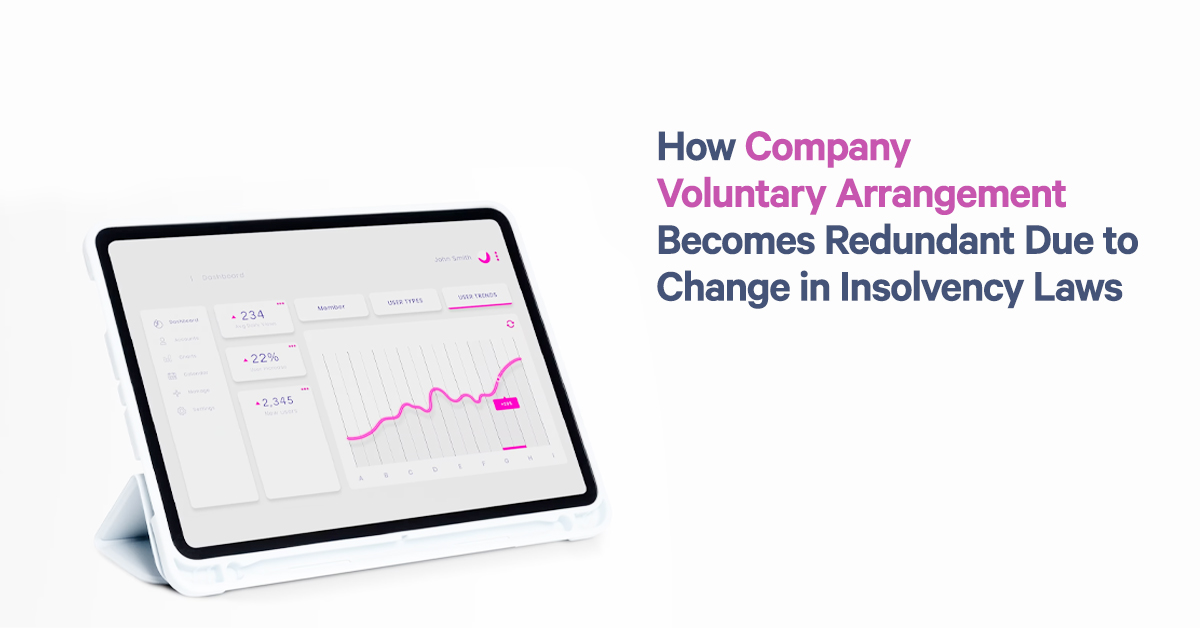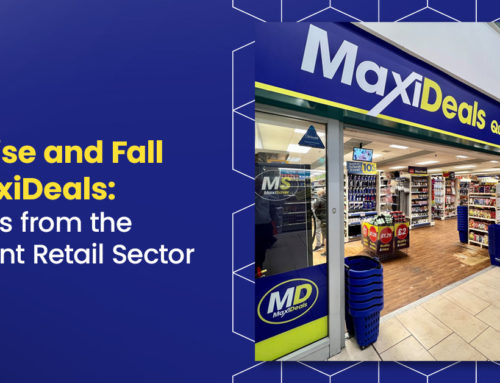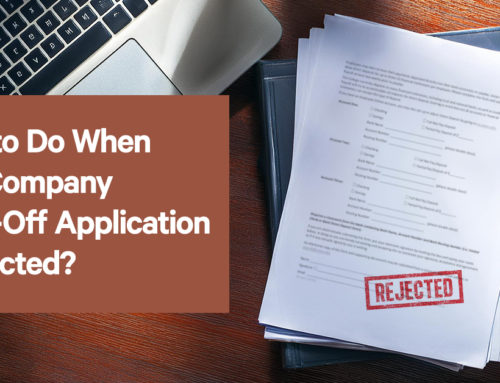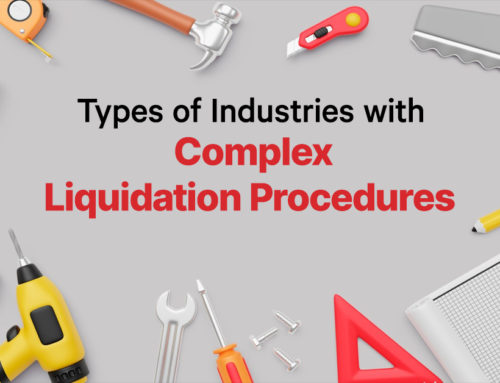After figures surrounding insolvency were released last year, it looks as though the reintroduction of Crown Preference is on the horizon. This reintroduction could wreak serious damage on company rescues and make the company’s voluntary arrangement completely redundant. This is going to be discussed in more detail throughout the below article.
What Is a Company’s Voluntary Arrangement (CVA)?
To begin with, let’s look into what a Company Voluntary Arrangement (otherwise known as a CVA) actually is. A CVA is a legally binding agreement between a business and that business’s creditors, which allows a certain proportion of debts to be paid back over an agreed period of time. In order for a CVA to be agreed then at least 75% of the creditors need to be in support of the terms of the agreement.
Once a CVA has been agreed then all of the unsecured creditors will be bound by the arrangement. The company has the authority to keep trading as normal and the director of the company remains in control as well, which means it is more likely a company will be rescued from the brink of administration. The CVA will continue to be monitored by a supervisor who needs to be a licensed insolvency practitioner. There is no time limit on how long or short these arrangements can be; however, they usually last between 3 and 5 years.
This is one of the best rescue tools which is available to a company because it provides a viable way forward but also doesn’t place too much pressure on the business to pay off its debt. The amount and the timeline agreed is done so, so that the business can steadily clear its debts, whilst continuing trading and trying to be profitable.
What Are the Main Advantages of a CVA?
In order to better understand why changes in the law impacting CVAs are a bad thing, it is worth discussing some of the main advantages of a CVA. Some of the biggest benefits that organisations feel following a CVA being agreed upon include:
- A company’s voluntary arrangement is effective when it comes to quickly improving an organisation’s cash flow.
- When a business enters into a CVA, they are alleviating pressure from the likes of HMRC, VAT and PAYE, whilst the arrangement is being prepared.
- By using a CVA, companies are able to stop the threat of a winding up petition.
- Costs can be cut rapidly in a CVA as expensive managers can be quickly made redundant.
- Companies also have the opportunity to terminate employment, compliance/payment obligations under various leases, onerous supply contracts and essentially everything with a NIL CASH COST.
- Companies can terminate any property lease obligations as well so that they can vacate premises with NIL CASH COST, stopping themselves from getting into more debt by adding rent prices on top of ongoing business obligations.
- All of the money which is owed to various creditors can be bundled up into one monthly payment that is sent to the supervisor, this is then distributed to the necessary parties.
- Employees can be removed with no redundancy payments in lieu of notice costs.
- If there are any onerous customer/supplier contracts in place then these can be terminated.
- The relevant board members and shareholders remain in control of the company and can dictate how it is run.
- A CVA costs a lot less than administration.
- A CVA isn’t publicly announced in the same way that an administration is.
- Your customers do not need to know that your company is in a CVA.
The Return of Crown Preference and Its Impact on CVAs
Despite the clear benefits of CVAs, a decision made by the HM Treasury back in 2018 has essentially rendered them impossible. In the budget which was announced back in 2018, it was revealed that certain tax debts are going to be moved to preferential status (which is more commonly known as Crown Preference).
The government’s own calculations have suggested that this small shift is going to increase the recovery to the Treasury by £185 million per year. That being said, this small change has a massive impact on CVAs. Essentially, it means that if a hospitality company, for instance, is interested in proposing a CVA, then said the proposal is going to need to include the payment in full of all of its employee’s NICs, as well as the VAT before unsecured creditors are able to receive anything.
The only way in which these circumstances would not apply would be if HMRC votes to receive less than full payment of the sums, which currently, it is completely unwilling to do. With creditors waiting longer to start being paid back, they are less likely to agree to a CVA initially being put in place (as previously discussed, 75% of creditors must agree to the terms). If this is the case then the CVA is simply made redundant as businesses will not be able to get their creditors to agree to it. A CVA is an effective way for organisations experiencing financial hardships to continue trading and potentially rescue their own business, if this option is fully taken away then the number of insolvencies, administrations and liquidations is only going to increase.
Are You Interested in Exploring the Option of a Company Voluntary Arrangement?
If your business is currently going through a hard time then you might be interested in looking into getting a CVA. Naturally, because of the above, you might not know if this is a feasible option. In order to find out more, you should consider reaching out to Leading UK. Here, our team of experts will be able to sit down with your business in order to better discuss what you do, what your current situation is and what the best way forward is. If you have any questions or require any further information then do not hesitate to get in touch.






